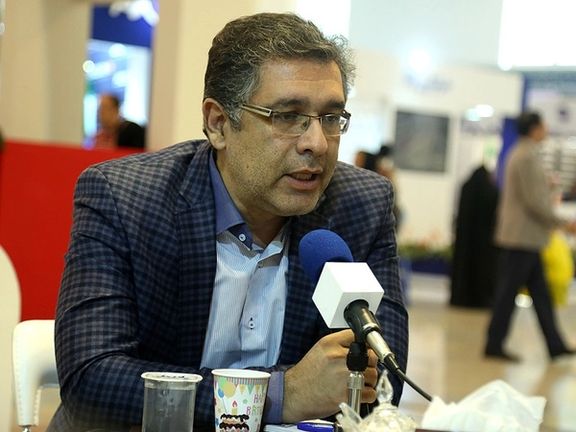Iranian Pundits See JCPOA Outdated, US Looking For Alternatives

A former Iranian diplomat and pundits in Tehran agree that the JCPOA cannot be revived in its past form and the United States is looking for new arrangements.

A former Iranian diplomat and pundits in Tehran agree that the JCPOA cannot be revived in its past form and the United States is looking for new arrangements.
Iran’s advancements in uranium enrichment technology, its continuing interventions in the region and changed circumstances make the 2015 nuclear agreement out of place. However, Washington and its European allies are worried about Iran reaching the nuclear break-out point and are looking for ways to forge a new deal with Tehran.
Jalal Sadatian, Iran’s former ambassador in Britain told ILNA news website in Tehran that if the United States does not find a solution to the nuclear crisis with Iran, it might up the ante and trigger the return of international sanctions at the UN Security Council.
Sadatian argued that Washington was not after more tensions with Iran in 2021 and 2022 as it negotiated for the revival of the JCPOA, but all attempts to reach a deal failed. Now, some reports speak of a limited deal in which Iran receives partial sanctions relief in exchange for limiting the production of fissile material.

Amir-Ali Abolfat’h, a commentator on international affairs who is considered an expert on US issues in Iran, told Fararu website that a partial agreement does not seem to a feasible alternative for both sides. The US is concerned about the knowhow Iran has achieved in uranium enrichment and what it really wants is to eliminate the danger for good.
The US is concerned that if problems emerge in the future after a deal, Iran “would have plenty of means to achieve new progress in its nuclear program,” he said and added that the US cannot limit the scientific advances Iran has made, “nor bomb it out of existence.”
Iran on the other hand, would not agree to serious nuclear curbs simply for partial lifting of sanctions, Abolfat’h said.
What the United States wants from Iran goes even beyond the nuclear issue, the Iranian expert said. “They want multiple JCPOAs,” not just nuclear deal, he said. They want a comprehensive deal preventing Iran’s interventions in the region and weapons proliferation, making the revival of the 2015 accord impractical.
A recent article in Foreign Policy by university professors Ali Vaez and Vali Nasr in the United States has attracted a lot of attention among experts in Iran. The authors argued that a comprehensive deal, including a nuclear and a regional agreement would be the best solution for the Middle East. But comments about the article in the Iranian media reveal a misunderstanding by local pundits, who see the suggestion more as a partial deal than a comprehensive solution.
Abolfat’h for example argued that the proposal by the two US experts is “reductionist and unrealistic,” and Iran would not agree with any partial lifting of sanctions. He added that the two authors are close to the Biden administration and “their proposals is not necessarily compatible with Iran’s national interests.”
Sadatian, however, sounded more optimistic that reduction of regional tensions could help the process of achieving a lasting deal with the United States. He pointed out that although Iran’s March agreement with Saudi Arabia to restore relations is not a decisive factor by itself, but it can help smooth the way toward a deal with the West.
He also warned about Russia’s interest in torpedoing any agreement, echoing past concerns by many Iranian observers.
“If we want to revisit all the strange ups and downs in our relations with the West, we can easily see the footprint of Russia that has tried not to allow us to get closer to the United States.”